Traumatic brain injuries (TBI) are severe and complex injuries to the brain that can occur from sudden trauma, such as a blow or jolt to the head. These injuries can range from mild, commonly known as concussions, to severe, potentially leading to long-term complications or death.
Mild TBIs, like concussions, often result from falls, sports injuries or minor car accidents. Moderate to severe TBIs are usually the result of more significant circumstances, including major car crashes, violent assaults or falls from a considerable height.
Types of traumatic brain injuries
TBIs can be classified into two broad categories: penetrating and closed injuries. Penetrating injuries, on the other hand, involve a break in the skull, such as from a gunshot wound or sharp object, which directly harms the brain.
Closed brain injuries occur when there is a non-penetrating injury to the brain with no break in the skull. These are often caused by a rapid forward or backward movement and shaking of the brain inside the cranial cavity.
Symptoms of TBI
The symptoms of TBI can be wide-ranging, depending on the severity and the part of the brain affected. The symptoms of a brain injury can be delayed, sometimes emerging days or weeks after the incident. For mild TBIs, symptoms can include headaches, confusion, dizziness and temporary loss of consciousness. In more severe cases, individuals may experience prolonged unconsciousness, profound confusion, seizures and paralysis.
Diagnosis of TBI
Diagnosing TBI involves a combination of medical history, physical examination and often imaging tests. Initially, healthcare providers assess the patient’s level of consciousness and neurological function, commonly using the Glasgow Coma Scale (GCS).
Imaging tests like CT scans or MRIs are then used to visualize the brain and assess for damage. These diagnostic tools are essential in determining the extent of the injury and guiding treatment plans. Treatments for brain injuries can range from brain rest to physical therapy and surgery, depending on the type, severity and location of the injury.
TBI diagnosis and treatment can be costly endeavors. Seeking assistance from someone familiar with these matters may help victims who opt to pursue compensation from a negligent party whose actions or inactions caused or contributed to the cause of the harm in question.

